Hamtramck, Michigan, a small city nestled just north of Detroit, has long been celebrated as a microcosm of America’s evolving diversity. Known as “the world in two square miles,” this enclave of 28,000 people has undergone a remarkable transformation over the decades, shifting from a predominantly Polish Catholic community to one with a Muslim-majority population, largely composed of Yemeni and Bangladeshi immigrants. This demographic evolution was once hailed as a triumph of multiculturalism, a beacon of hope in an era marked by division. Yet, in 2023, a unanimous decision by the city’s all-Muslim city council to ban Pride flags and other non-governmental flags from public property shattered this narrative, igniting a firestorm of controversy that reached its peak in June 2025. The decision, coupled with the council’s refusal to march alongside LGBTQ+ groups in a local parade, has sparked outrage, none more poignant than that of Catrina Stackpoole, a lesbian former councilwoman whose viral remarks have thrust Hamtramck into the national spotlight.
Stackpoole’s words, raw and emotional, encapsulate the pain of a fractured alliance: “We welcomed you. We created nonprofits to help feed, clothe, and find housing. We did everything we could to make your transition here easier, and this is how you repay us? By stabbing us in the back?” Her statement, amplified across platforms like X, has become a rallying cry for those who feel betrayed by a community they once championed. This article delves into the complexities of Hamtramck’s story, exploring the historical, cultural, and social forces at play, while drawing parallels to broader themes of identity, integration, and the challenges of pluralism in modern America.
A City of Contrasts: Hamtramck’s Historical Evolution
Hamtramck’s story is one of constant reinvention. Founded in the early 20th century as a hub for Polish immigrants drawn to Detroit’s booming auto industry, the city became a stronghold of Eastern European culture, with Catholic churches, Polish bakeries, and tight-knit neighborhoods defining its character. By the mid-20th century, Hamtramck was affectionately dubbed “Little Warsaw,” a testament to its vibrant Polish heritage. However, economic decline in the 1970s and 1980s, coupled with white flight to the suburbs, opened the door for new waves of immigrants, particularly from Yemen and Bangladesh, who began arriving in significant numbers by the 1990s.
By 2013, the demographic tide had turned. According to the 2020 U.S. Census, 30-38% of Hamtramck’s residents were of Yemeni descent, and 24% were of Asian descent, primarily Bangladeshi. This shift was not without tension. Early Muslim immigrants faced discrimination, including resistance to mosque construction and public calls to prayer. Yet, progressive residents, including members of the LGBTQ+ community, rallied to their cause, advocating for their inclusion and helping establish nonprofits to provide food, housing, and social services. This spirit of allyship fostered a sense of unity, positioning Hamtramck as a model of multicultural coexistence.
In 2015, Hamtramck made history by electing the first Muslim-majority city council in the United States, a milestone celebrated by liberals as a rebuke to the Islamophobic rhetoric that characterized much of the national discourse, particularly during Donald Trump’s 2016 presidential campaign. The election of Amer Ghalib, a Yemeni-born health-care worker, as mayor in 2021 further solidified this narrative, marking Hamtramck as a symbol of progress in a polarized nation.
Cultural and Musical Context: The Sounds of Hamtramck
Hamtramck’s cultural landscape is as diverse as its population, and its music scene has long been a reflection of its evolving identity. In the early 20th century, polka bands and traditional Polish folk music filled community halls, with events like the Hamtramck Labor Day Festival showcasing the city’s Eastern European roots. As the demographic shifted, new sounds emerged—Arabic oud music, Bengali folk songs, and hip-hop from the city’s African American residents blended with the existing soundscape, creating a unique auditory tapestry.
The city’s Planet Ant Theatre, a hub for local artists, has been a vital space for this cultural fusion, hosting performances that range from experimental theater to live music celebrating Hamtramck’s diversity. The theater’s executive director, Darren Shelton, became a vocal advocate for the LGBTQ+ community during the Pride flag controversy, hanging a rainbow flag outside the venue in defiance of the council’s ban. Music, in particular, has served as a bridge in Hamtramck, with festivals like the Hamtramck Blowout showcasing local bands and fostering community spirit. Yet, the flag ban and subsequent tensions have cast a shadow over these cultural expressions, raising questions about whether Hamtramck’s artistic vibrancy can withstand its growing divides.
The Pride Flag Ban: A Turning Point
The decision to ban Pride flags from city property in June 2023 was a seismic shift for Hamtramck. The resolution, passed unanimously by the all-Muslim city council, prohibited the display of any non-governmental flags, including those representing religious, ethnic, racial, or sexual orientation groups. Only five flags were permitted: the U.S. flag, the Michigan flag, the Hamtramck flag, the Prisoner of War flag, and a flag representing the native countries of the city’s immigrant residents. Mayor Amer Ghalib, who made the flag issue a centerpiece of his 2021 campaign, argued that the policy was about “neutrality” and fairness, ensuring that no group received preferential treatment.
However, the LGBTQ+ community and their allies saw the ban as a direct attack. The Pride flag, first flown on city property in 2021 under then-Mayor Karen Majewski, had become a symbol of inclusion for Hamtramck’s queer residents, many of whom had moved to the city for its affordability and progressive reputation. The ban, enacted during Pride Month, was perceived as a deliberate rejection of their visibility and rights. Tensions escalated when two members of the Hamtramck Human Relations Commission, Catrina Stackpoole and Russ Gordon, were removed from their positions in July 2023 for flying a Pride flag on a city-owned flagpole in defiance of the new ordinance.
Stackpoole’s Outrage: A Personal and Political Betrayal
Catrina Stackpoole’s story lies at the heart of this controversy. A retired social worker and lesbian who served on the city council from 2008 to 2012, Stackpoole was a tireless advocate for Hamtramck’s immigrant communities. She worked to establish nonprofits that provided essential services, from food and clothing to housing assistance, helping Muslim immigrants navigate life in a new country. Her efforts were rooted in a belief in shared humanity and the power of diverse communities to uplift one another.
When the Pride flag ban was announced, Stackpoole’s response was visceral. Speaking at a city council meeting in June 2025, during the height of Pride Month, she expressed her anguish: “We welcomed you. We created nonprofits to help feed, clothe, and find housing. We did everything we could to make your transition here easier, and this is how you repay us? By stabbing us in the back?” Her words, captured by journalist Adam Wren and shared widely on X, resonated with many who saw the ban as a betrayal of the progressive alliances that had defined Hamtramck’s recent history.
Stackpoole’s remarks were not just a personal lament but a reflection of a broader rift. The LGBTQ+ community, which had supported Muslim immigrants during their struggles against discrimination, felt abandoned. The ban, coupled with the council’s refusal to march alongside queer groups in the 2025 Labor Day parade, deepened this sense of rejection. Reports of vandalism, including teens egging homes displaying Pride flags, further heightened fears among queer residents, some of whom began questioning whether Hamtramck was still a safe place to live.
Political Fallout: A National Flashpoint
The Pride flag ban has transformed Hamtramck into a flashpoint in America’s ongoing culture wars. The controversy has drawn comparisons to global instances where alliances between progressive and conservative groups have fractured, such as in post-revolutionary Iran, where secular and religious factions clashed over cultural control. Michigan Attorney General Dana Nessel, who is openly lesbian, condemned the ban as a “wall of exclusion” and called for its reversal, arguing that it sent a message of intolerance. Her remarks, delivered at a protest rally outside City Hall in June 2023, underscored the broader implications of the council’s decision.
“I ask the city of Hamtramck to use its voice to speak up for all its people, take down the wall you have now built that has made this proud city into a national embarrassment,” Nessel said. “Homophobia, transphobia are indeed forms of evil as much as Islamophobia is.”
Nessel’s involvement, along with the attention of national media outlets like The Washington Post and The Guardian, has amplified the controversy, drawing scrutiny to Hamtramck’s governance. Activist groups, supported by organizations like the Save the Rainbow Flag initiative, are now planning a civil rights lawsuit, arguing that the ban violates freedom of expression and equal protection under the law. The lawsuit, led by Stackpoole and Gordon, seeks not only damages but also the reinstatement of the Pride flag on city property.
Mayor Ghalib’s Trump Endorsement: A Strategic Pivot
Adding fuel to the fire, Mayor Amer Ghalib’s endorsement of Donald Trump for president in 2024 stunned many in Hamtramck and beyond. Trump, whose 2017 travel ban targeted seven majority-Muslim countries, including Yemen, was once seen as an adversary by many in the Muslim community. Yet, Ghalib, in a Facebook post written in Arabic, declared Trump “the right choice for this critical time,” citing discussions on issues ranging from Yemen to Arab-American voting trends. His endorsement, echoed by other Muslim leaders in Michigan, reflects growing frustration with the Democratic Party’s policies, particularly its support for Israel in the Gaza conflict.
This alignment with Trump, who has championed “traditional family values” and reduced U.S. military involvement abroad, has been framed by some as a strategic pivot for conservative Muslims. Figures like Imam Belal Alzuhairi have praised Trump as a “peace candidate,” pointing to his role in the Abraham Accords, which normalized relations between Israel and several Arab states. However, for many in Hamtramck’s progressive and LGBTQ+ communities, Ghalib’s endorsement feels like a further betrayal, aligning the city’s leadership with a figure whose policies have often been at odds with marginalized groups.
Cultural and Religious Tensions: A Clash of Values
At the heart of Hamtramck’s controversy lies a clash of values between religious conservatism and progressive ideals. The city’s Muslim-majority council has defended the Pride flag ban as a matter of respecting the religious beliefs of its constituents, many of whom view the flag as conflicting with Islamic teachings on sexuality. Councilmember Mohammed Hassan, who introduced the resolution, emphasized this perspective during a heated June 2023 meeting: “I’m working for the people, what the majority of the people like.”
Supporters of the ban, including Dawud Walid of the Michigan branch of the Council on American-Islamic Relations, argue that the policy is non-discriminatory, as it applies to all non-governmental flags. “If there was one group that was not being granted access to something while others were, then we would have a problem,” Walid said. He compared opposition to the Pride flag to conservative Christian objections, framing it as a matter of religious freedom rather than targeted prejudice.
Yet, for the LGBTQ+ community, the ban is anything but neutral. The Pride flag, created by Gilbert Baker in 1978 as a symbol of hope and visibility for queer people, carries profound emotional weight. Its removal from public spaces in Hamtramck, a city celebrated for its diversity, has been interpreted as an attempt to erase queer identities. Residents like Selena Briggs, a lesbian who works at a local cellphone shop, have reported feeling unsafe, with some contemplating leaving the city altogether.
Parallels to Bollywood’s Roti Kapda Aur Makaan
The article’s opening reference to the 1974 Bollywood film Roti Kapda Aur Makaan (Food, Clothing, and Shelter) provides a poignant metaphor for Hamtramck’s saga. Directed by Manoj Kumar, the film explores the struggles of ordinary Indians striving for basic necessities in a society marked by inequality and betrayal. Its protagonists, portrayed by Amitabh Bachchan and Manoj Kumar, face moral dilemmas and shifting loyalties, reflecting the sacrifices and disappointments inherent in pursuing a better life.
In Hamtramck, Stackpoole’s efforts to provide “roti, kapda, aur makaan” for Muslim immigrants mirror the film’s themes of sacrifice and community. Yet, like the film’s characters, she finds herself grappling with betrayal as the community she supported enacts policies that exclude her own. The cinematic parallel underscores the universal nature of Hamtramck’s story, where noble intentions can falter under the weight of cultural and ideological divides.
Community Voices: The Human Toll
Beyond the political and legal battles, the Pride flag ban has taken a deeply personal toll on Hamtramck’s residents. Hayley Cain, who moved to the city for its diversity, expressed disillusionment: “I knew it was a diverse community. I’m questioning whether it is. I don’t want to live in a place like this.” Similarly, Emelyn Rutowski and Alessandro Uribe-Rheinbolt, young residents who attended the contentious 2023 council meeting, voiced concerns about the city’s direction, with Rutowski noting the ban’s impact on Hamtramck’s reputation as a welcoming enclave.
Anthropologist Rumana Rahman, a Bangladeshi immigrant and chair of the local beautification committee, offered a different perspective, emphasizing the practical challenges facing low-income residents. “There’s lead in the water, there’s lead in the soil, there’s trash overflowing in the alleys, potholes in the road,” she said. For Rahman, the flag debate distracts from more pressing issues, highlighting the diverse priorities within Hamtramck’s population.
The Role of Art and Activism
Amid the controversy, Hamtramck’s artistic community has emerged as a vital voice of resistance. Planet Ant Theatre, under Darren Shelton’s leadership, has become a focal point for pro-LGBTQ+ activism, with its rainbow flag serving as a defiant symbol of inclusion. The theater’s role echoes the broader significance of art in Hamtramck, where cultural spaces have long fostered dialogue and unity. Events like the Hamtramck Blowout and Labor Day Festival, which blend music, art, and community engagement, have historically bridged divides, but the current tensions threaten to undermine these efforts.
Activists like Rose Carver, who made headlines by wearing a clown nose and sarcastically mocking the council during the 2023 meeting, have used performance to challenge the ban. Carver’s act, culminating in a kiss with her girlfriend Abi Inman, was both a protest and a reclaiming of queer visibility, underscoring the power of creative expression in the face of exclusion.
Looking Ahead: A Fractured Future?
As Hamtramck navigates this crisis, its future remains uncertain. The upcoming city council elections, with three seats up for grabs, could shift the balance of power, particularly as LGBTQ+ advocates and their allies mobilize to challenge the current leadership. The lawsuit filed by Stackpoole and Gordon, supported by national organizations, may also force a reckoning, potentially overturning the ban and reaffirming Hamtramck’s commitment to inclusivity.
Yet, the deeper challenge lies in rebuilding trust. Hamtramck’s story is not just about a flag but about the fragile bonds that hold diverse communities together. The city’s experience reflects broader questions facing multicultural democracies: How do we balance religious freedom with equal rights? Can progressive alliances withstand ideological differences? And what happens when the pursuit of neutrality becomes a tool for exclusion?
For Catrina Stackpoole and many others, the pain of betrayal is personal, rooted in years of shared struggle and sacrifice. For Mayor Ghalib and his supporters, the ban is a defense of cultural and religious values, a stand for what they see as the will of the majority. For the nation watching, Hamtramck is a mirror, reflecting the complexities of identity, power, and belonging in an increasingly diverse America.

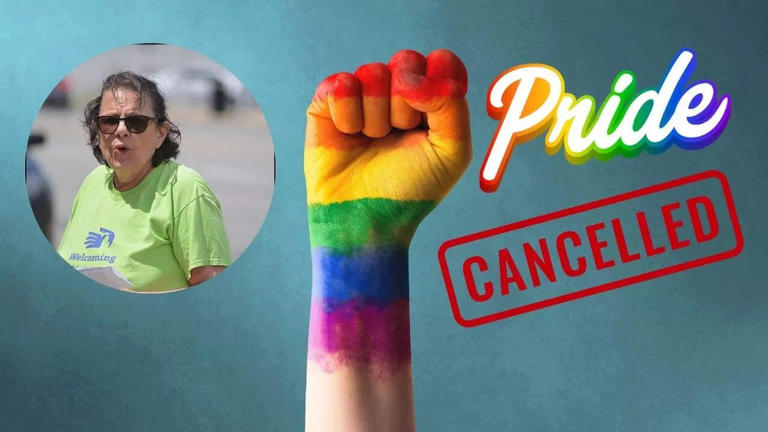








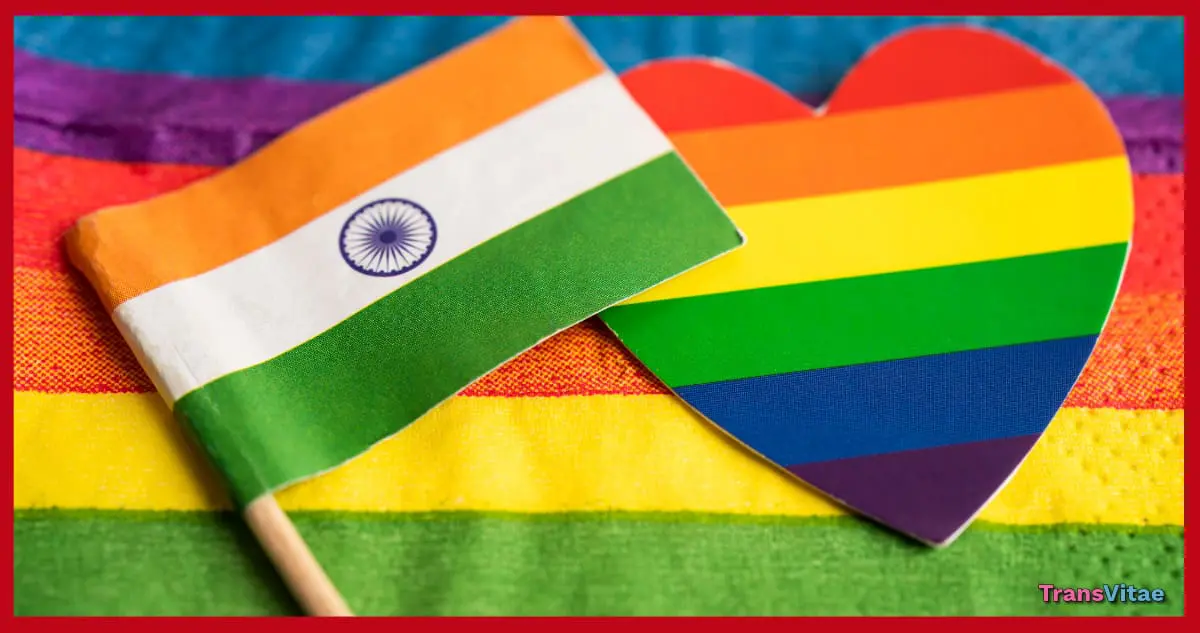
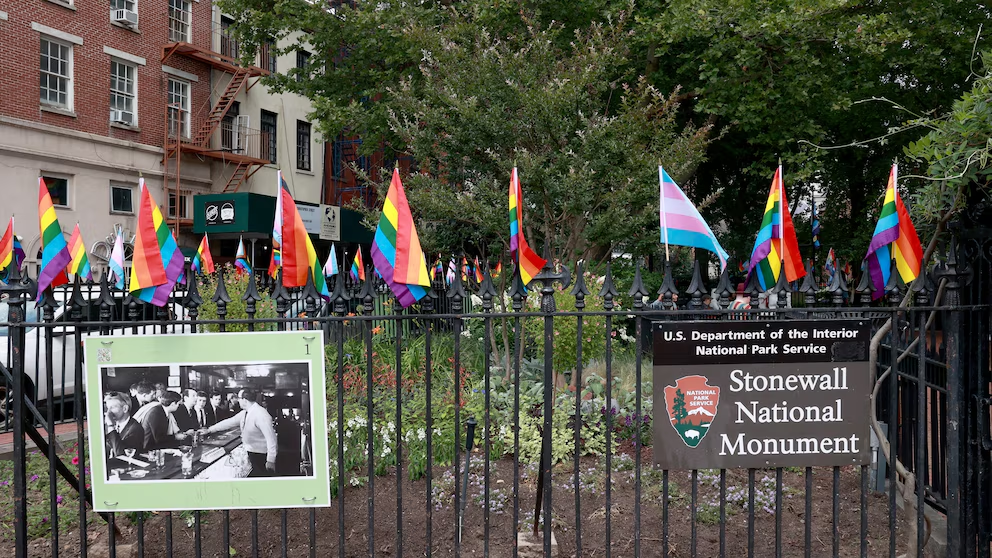
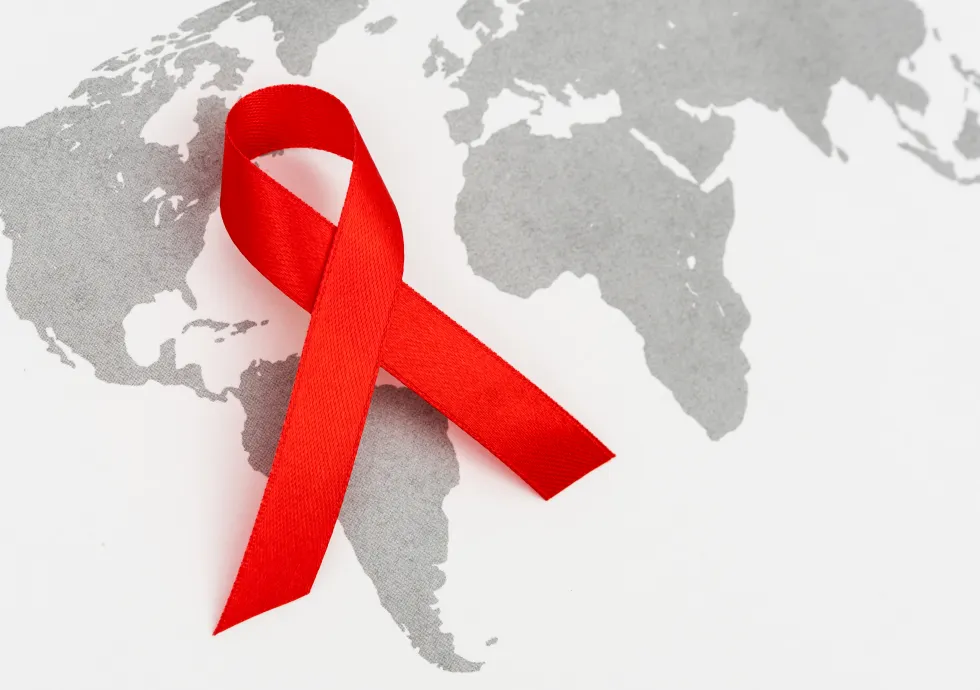
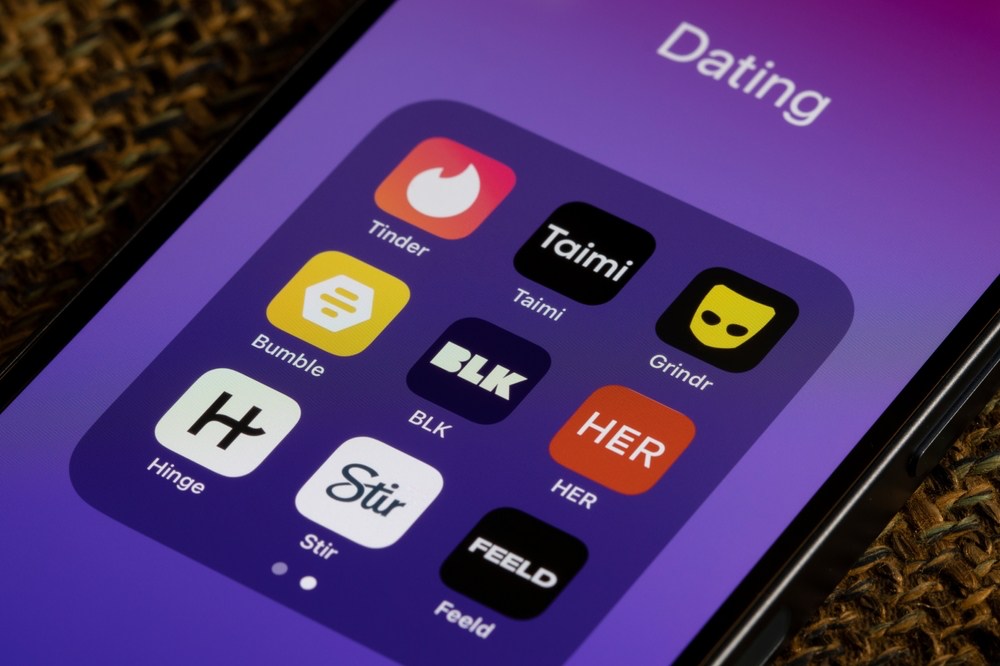
0 Comments